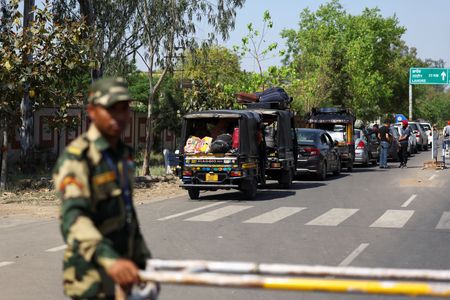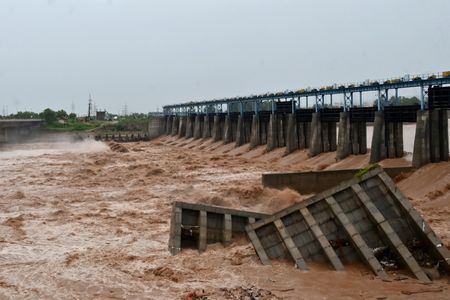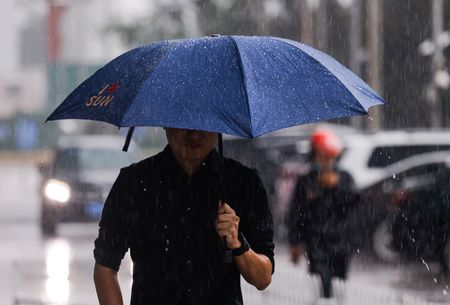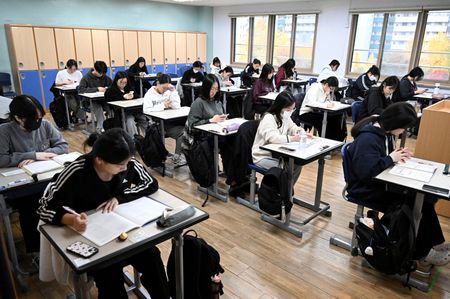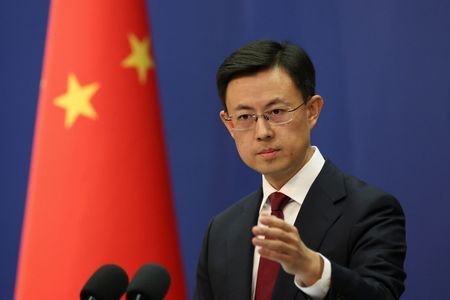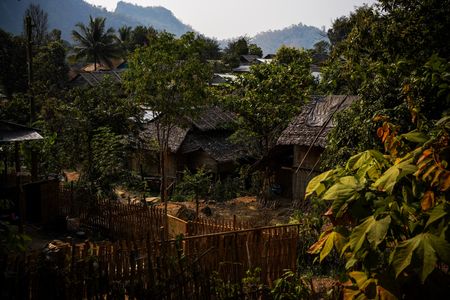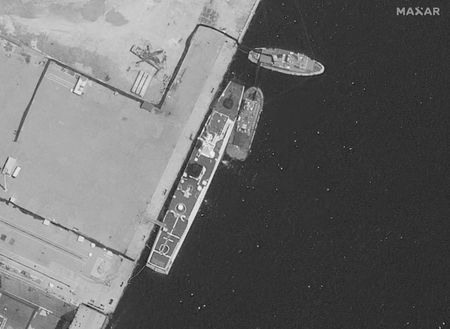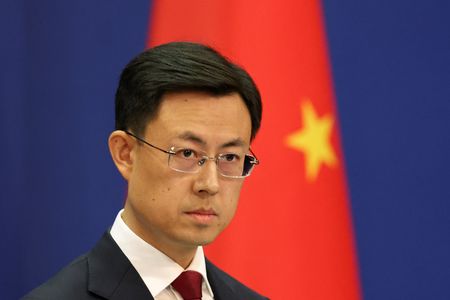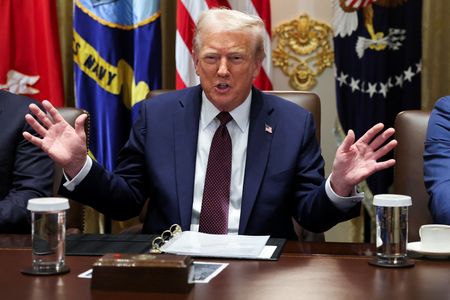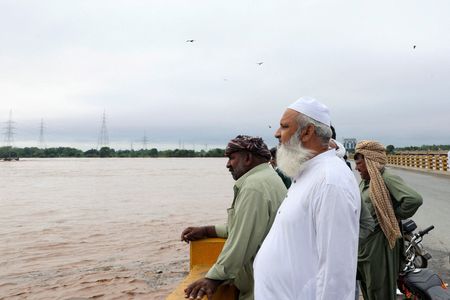By Charlotte Greenfield
ISLAMABAD (Reuters) – The head of the Pakistan-administered region of Kashmir called for international mediation and said on Wednesday that his administration was preparing a humanitarian response in case of any further escalation between nuclear-armed India and Pakistan.
Pakistan’s government has said it has “credible intelligence” that India intends to launch military action soon after days of escalating tensions following a deadly attack on tourists in Indian-administered Kashmir.
India blamed Pakistan for the April 22 attack, which left 26 people dead, which Islamabad has denied.
“There is a lot of activity going on and anything could happen so we have to prepare for it. These few days are very important,” president of Pakistan-administered Kashmir Sultan Mahmood Chaudhry told Reuters in an interview, calling for rapid international diplomacy to de-escalate the situation.
“We expect some mediation at this time from some friendly countries and we hope that that mediation must take place, otherwise India would do anything this time,” he said. Saudi Arabia, Qatar and the United Arab Emirates could be in a position to mediate, he added.
Chaudhry also said he hoped major players like the United States and Britain might also get involved.
He said activity along the Line of Control (LoC) that divides the two portions of Kashmir was “hot” and that Pakistan had shot down two Indian drones in the last few days.
There had been regular firing by Pakistani and Indian soldiers day and night, though so far there had been no casualties, he said.
Pakistan had also detected Indian Rafale fighter jets flying near the LoC, though they had not crossed, he added.
The Indian Air Force did not respond to a request for comment, though an Indian military official said Rafale jets were doing their usual training and drills along the LoC.
Chaudhry said he had not received intelligence on when and where India was expected to strike, but his administration was working with groups such as the Red Crescent Society to prepare extra medical and food supplies in case of any conflict.
“Red Crescent are working on it and we are working on displaced people in affected areas,” he said.
He said that the international community also needed to pay more attention to Kashmir’s long-term future.
“I think this is the right time for the international community as a whole and the U.N. to play some mediating role in Kashmir,” he said.
“It’s been a very long time and the people of Kashmir have suffered a lot.”
Pakistan-administered Kashmir has its own elected government but Pakistan handles major issues like defence and its residents hold many of the rights of Pakistani citizens.
U.N. Secretary-General Antonio Guterres spoke to Pakistan and India on Tuesday, stressing the need to avoid confrontation. The U.S. and Britain have also called for calm.
(Reporting by Charlotte Greenfield; Additional reporting by Shivam Patel in New Delhi; Editing by Aidan Lewis)

